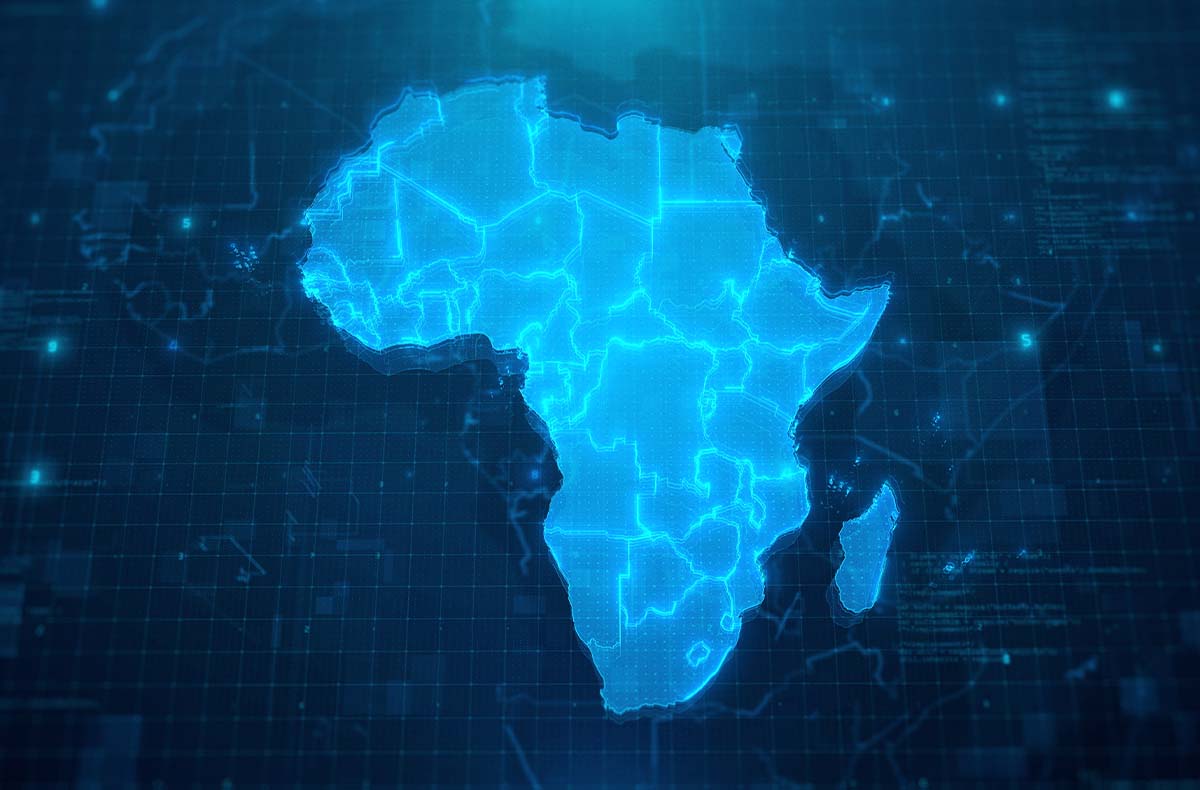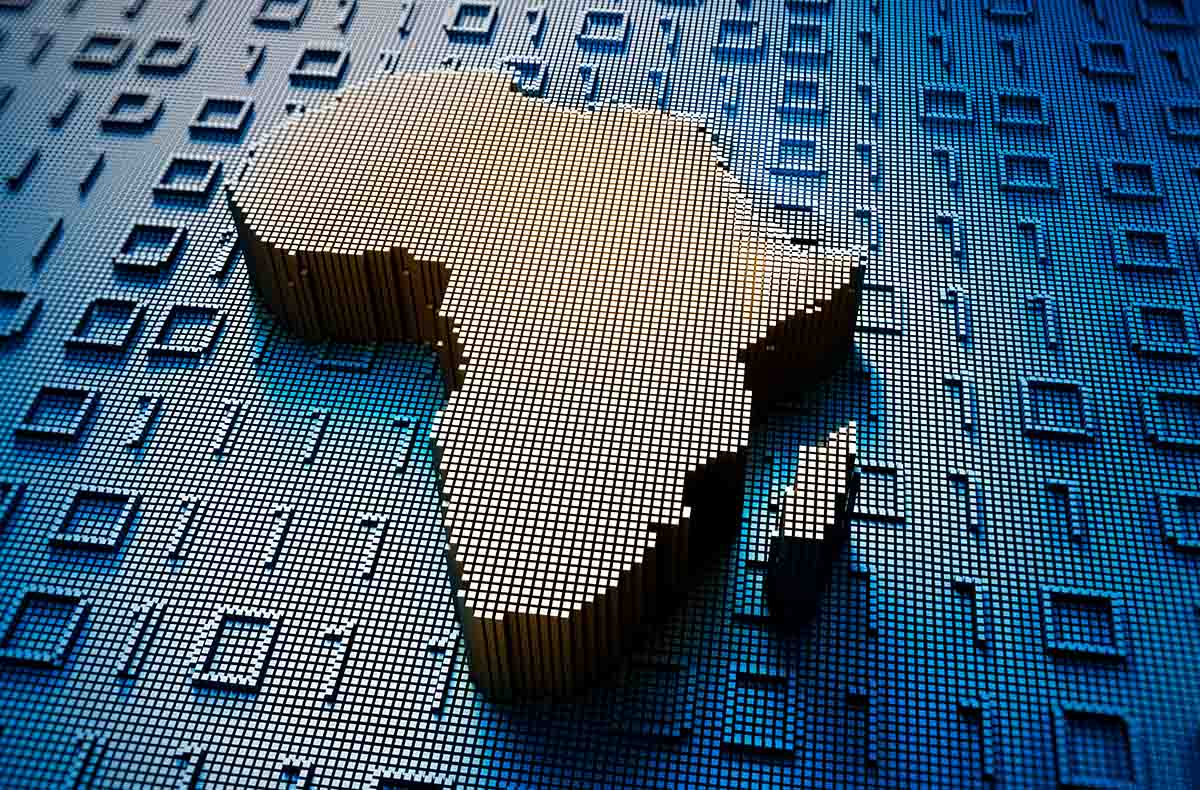
Three weeks ago, I flew from Abuja to Lagos to attend an end-of-year party organized for the Nigerian tech sector. Oo, a dreadlocked tech expert, put together this massive groove titled ‘OMWG’ (Oya Make We Groove) and managed to compel dance steps out of the big names leading the African tech sector. From Paystack to Flutterwave CEOs, a bevvy of global Unicorns turned up decked out in jeans and t-shirts. With beers in hand, the big boys and girls mingled under cool lights and music 20 meters away from streets filled with ceaselessly honking cars and hungry, pocket-picking urchins. Apparently, sometime ago in their primordial unicornic formation, Oo was instrumental in giving relevant advice without taking vesting shares, so although the party attendees are worth billions of dollars today and readily acknowledged his contributions publicly, Oo—in his usual, adamant way—didn’t give two shits. So whenever he called, they responded. He called on me, I responded.
Nevertheless, the reason I was summoned is because I have been sharing with Oo—and whoever cared to listen—a strategy for social-economic and political transformation of Nigeria and, indeed, Africa. From my soapbox, I imagine that the surest way to quickly get Africa out of poverty and into inclusive prosperity depends not on trillions of loans and grants nor donated quadrillions of aid, but rather on political inclusivity, high-percentage electoral participation, and the possibility of having transparent and free elections, where Africans can put the leaders they desire into power. I believe that no matter the goodwill that comes from loans, grants, and aid, kleptocratic and corrupt African leaders in collusion with certain colonialist governments, institutions, and interests always manage to point to how this commonwealth is deployed and managed, be it local or international. I believe political will is the closest thing to magic—angel or wizard—and electing credible leaders through a transparent electoral process will birth true social-economic freedom for Africa. But who stands in the way? Africa needs to find a way to politically fund and vote itself out of poverty, and the swing number depends on the demography that suffers most: its teeming youths. Our differences at that heady “meeting” was on approach: how this leadership transformation could be achieved—not if or when.
I got these CEOs—young people I only met just seconds before, standing on their feet for over two hours around loud music and fun—deliberating about possibilities and what could be done. These are youths tricked out in designer jeans and tees, loaded with millions and millions of dollars before they turn 30, wielding immeasurable digital power. They hold the socio-economic future of Africa in their hands, operating from a country otherwise known as the poverty capital of the world. Rewind some 50 years back, when a set of young Nigerians and Africans in their 20s got their educations from Sandhurst and discovered or were introduced to the power of strategic warfare, guns, and bombs. Guess what they did with it? They returned to Africa with their newfound power and education, took over power through military coups and established the social-economic and political drought we are currently witnessing! They are still in power today, in their 70s, 80s and 90s!
By contrast, today, tech is the blunt-force instrument that ironically has yet again given young Africans the tool to rewrite a different future. Can we use it? Will we abuse it?
Today, these lads can write a line of code that could get Jack Dorsey to call them immediately. They also could write a check for a million dollars that could formulate and mobilize one hundred political wards in the 12,000 wards of Nigeria. They are lads with immense power: however, with Africans, power is seen differently through a distinct set of lenses.
Power in Africa—constructed by present political leaders—is a thing to be feared. You are advised to worship or run away from political power and conversations around it if you wish to keep your sanity, health, and wealth. The people in power will chase you, overtake you, wreck your business, or take your life: the pain is immeasurable for those who wish to challenge the status quo. So brutish is its pursuit it is often impossible to find a decent blood-carrying vein feeding a healthy heart of socio-political transformation in Africa, because the larger arteries are infested with billions of blood dollars from corrupt wealth, stacked against Africa’s transformation. These illicit hordes of wealth, reinvested in politics, determine outcomes of most presidential and regional elections. This wealth picks most of the senators and rule makers, so when interventions come—whether in the form of policy, loans, grants, aids, or whatever you call it—they get channeled to the “right” people in accordance to the golden rule of who pays the piper.
Yet all of this lies in a world of good intentions. I just finished watching an acceptance video of Elon Musk and his son getting Time’s “Person Of the Year” Award, in which he talked about tech and magic. The comment section, which usually is very interesting, featured opinions on transformational wealth application, some amongst them offering detailed proposals for transforming Africa through aid ranging from entrepreneurship, healthcare, education, agriculture and blah blah ventures. I was born to see, hear, and know about these kinds of well-intentioned interventions for years, and to be fair, they have generally contributed positively to where Africa is today.
But compared to what could have been—had these resources been placed into credible hands, dedicated directly to educating and empowering Africans to take care of themselves and their own leadership first, to deepen political participation, to instill patriotism, supporting electoral, and political institutions as allowed by law—we are stuck in a familiar mire. Western leaders generally posture and dilly-dally when it comes to making impactful policy decisions concerning poor African leadership and elections, lest they be perceived as interventionist or colonial. Nevertheless, they cannot shake these mantles, as most Africans believe our leaders get away with corruption because they buy Western silence or their support. This disappointing feedback loop has contributed significantly to our present shortcomings, both politically and economically.
The magic and power of tech today is same as that of warfare, guns and bombs half a century ago. Tech is tomorrow’s power. Add tech to effective political leadership anywhere on God’s green Earth, and in ten years, you’ll witness an economic and social boom.
My desire is to generate revolutionary political interest and participation among the tech-savvy Generation Z as it was in the younger days of our Baby Boomers, as they hold the only chance for Africa’s socio-economic and political renaissance. We may differ in approach, but not on the what, if and when. Tech has given Africa another chance to rally its social-economic and political prowess, and it is an idea whose time has come. Can these young Africans seize the moment?
The older I get, the more apparent it is that this world hasn’t really changed much, after all.



